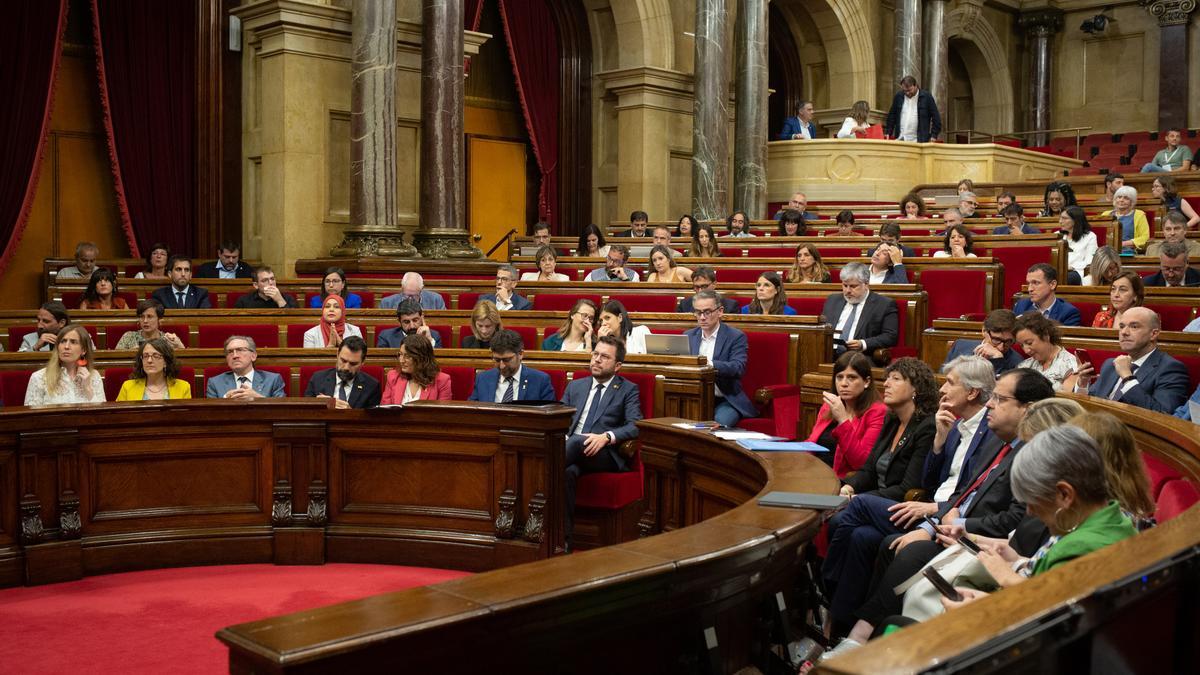The Emergency Rental Decree Has Not Been Validated in Catalonia
The Parliament of Catalonia rejects the seasonal rental decree, causing a 40% reduction in property supply and further complicating the situation for tenants.

Catalonia and the Seasonal Rental Decree: Solution or Problem?
Today, the Permanent Deputation of the Parliament of Catalonia has rejected the validation of the decree law on seasonal rentals, a regulation approved by the Generalitat in April, just before the start of the election campaign. This measure, which sought to regulate short-term rentals, has been the subject of intense debate and controversy. But what does this really mean for the citizens of Catalonia and, in particular, for tenants and property owners?
The Rejected Decree
The decree in question was driven by Ester Capella, the acting Minister of Territory, with the aim of closing the legal loopholes that allowed the uncontrolled increase of seasonal rentals. According to Capella, this regulation was crucial to protect the right to housing and prevent speculation and fraud. However, the lack of consensus and negotiation with key parties such as the PSC and Junts per Catalunya led to its rejection. As we mentioned in our article about last month's emergency decree on rentals in Catalonia, it was criticized as more of an electoral gesture than a measure to help or alleviate the tension many tenants face.
Mònica Sales, spokesperson for Junts, highlighted that although it is necessary to regulate seasonal housing, the form proposed by the decree was not adequate and the sector involved had not been sufficiently consulted. In addition, the PSC criticized the initiative for considering it more electoral than a real government measure.
Impact on the Rental Market
One of the most immediate effects of this decree was a significant decrease in the supply of rental properties in Barcelona, which fell by almost 40%. This phenomenon seems counterproductive, as the intention of the regulation was to facilitate access to housing and protect tenants. However, by making seasonal rentals economically unviable, many property owners withdrew their properties from the market, reducing availability and potentially increasing prices due to the lower supply.
This situation has left many tenants in an even more difficult position. With fewer options available, competition for the remaining properties intensifies, making it more complicated and expensive to find a place to live.
Final Reflections
The rejection of this decree raises important questions about how to address the housing problem in Catalonia. It is evident that balanced regulation is necessary to protect both tenants and property owners, while also preventing speculation and fraud. However, the way these regulations are implemented is crucial.
The lack of consensus and the rushed implementation of measures without proper consultation and negotiation can lead to undesirable effects, as we have seen with the reduction in rental supply. It is essential that future initiatives are designed with a more inclusive perspective, considering the opinions and needs of all stakeholders involved.
In conclusion, the search for solutions to the housing problem in Catalonia continues. It is a complex challenge that requires collaboration, consensus, and well-thought-out policies to achieve a fair and sustainable balance in the real estate market.
The reality is that the current law already contemplates reasons to regulate whether a contract is seasonal or not, establishing the need to document the evidence of the contract's temporality. Measures must be sought to control the use of seasonal contracts with the existing law but not make it impossible for everyone.

